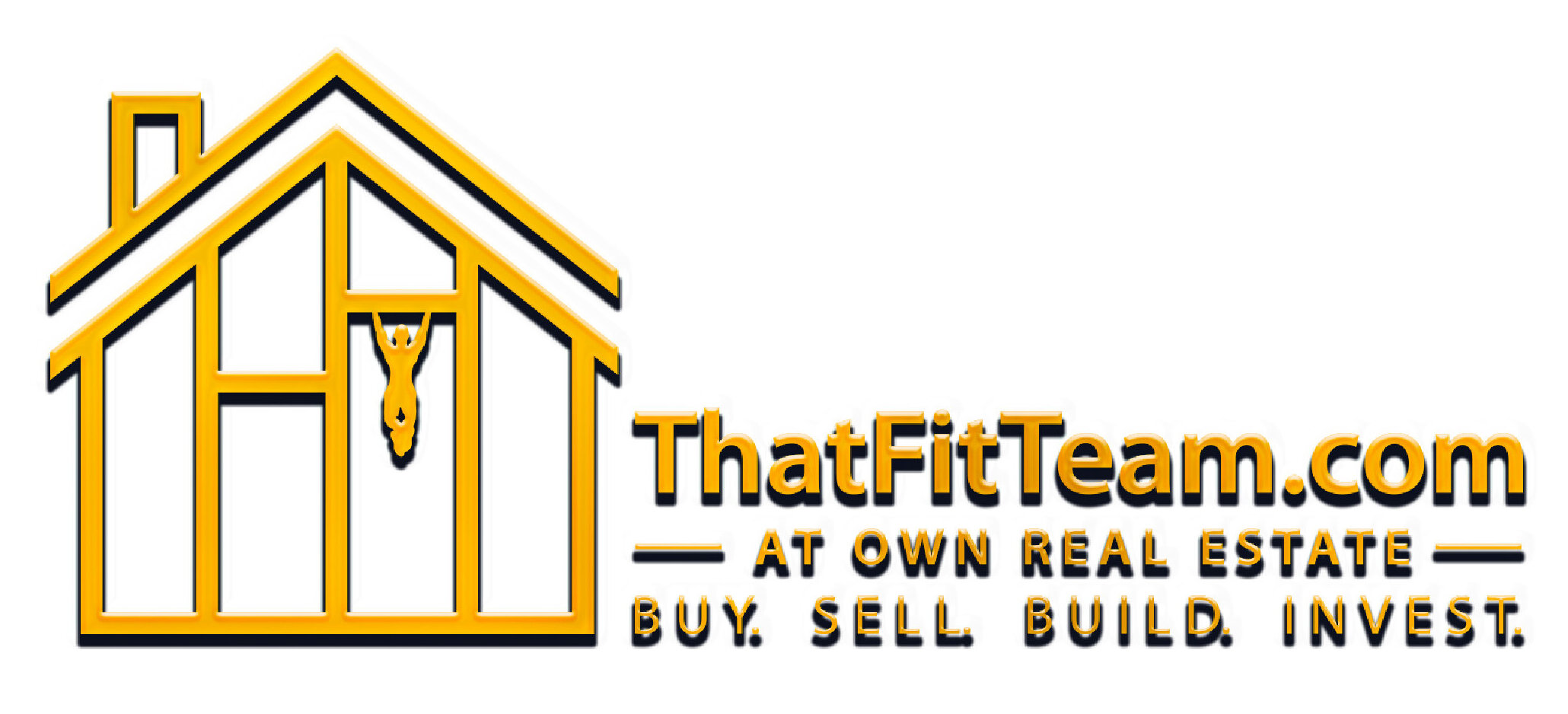Phase 1:
Decide that you are going to pay yourself instead of paying your landlord!!! By in large, EVERYONE should own their own home. There are unique outliers to this rule (such as you have to move out of the area soon, or you’re repairing your credit etc). But for the long term, there simply is no reason for you to spend your HARD EARNED MONEY to pay off your landlord’s mortgage. Year after year, when you are renting you are on the wrong end of this Real Estate bargain. I know, because I own a ton of rental property. I think if anything, you should own MULTIPLE homes because it’s a place where long term wealth can be built. In many cases when you rent, you are dealing with someone that won’t even keep the property kept up to your standards and yet they have the expectation that you hold up YOUR end of the bargain by paying them to let you live there.
Stop making your landlord rich.
Make a good decision for yourself.
Own your own place. PERIOD.
Fight me.
Phase 2: Don’t get your cart before the horse!! Once you have finally made the decision to help yourself and buy a home, be sure to speak with a reputable and local lender (ie., no online lenders) to discuss your ideal budget allowance as well as the loan program options available to you. There are Conventional, VA, FHA, FHA-VHDA, USDA, Jumbo loan products to name a few. In addition to identifying the right program, a good lender will conduct a thorough assessment of things such as your debt, income, credit score, regular financial obligations, savings etc to give you a reliable budget. You should be able to comfortably pay your full mortgage payment (including taxes and insurance) each month. DO NOT let anyone talk you into spending more than you can afford. You may need to save some money up front for a down payment and/or closing costs. (although generally my team is effective at negotiating for the seller to pay your closing costs!) The good news is, many homebuyers put down WAY less than 20 percent. And in many cases 0% with qualified buyers. Don’t let concerns about the above stop you from making that call now! Knowledge is power so getting armed with facts NOW will put you on the path to be in prime position when the time comes. It also will help establish realistic expectations early on. Some people go shopping for a home, find one, only to find out they can’t afford it (or shouldn’t). And it is painful to watch people go through that disappointment.
Phase 3: Now that you know what you qualify for, the fun of looking for homes with your real estate agent can begin. Now that you’ve got your budget pinned down, It is VERY smart to get clear on what homes are available that closely meet your criteria. Save time and emotional energy by narrowing your search to homes that fit your financial criteria. Interacting with an agent via phone/email, using property feeds, reviewing property online are all great time savers and a great way to vet for the very best matches. Then you and your real estate agent / team can view ONLY the listings that are a close fit for you. When you find a match, your agent (ahem, hopefully my Team and I) will help you make an intelligent, informed offer that is both protective of your interests, but also compelling to the seller. The market locally is still extremely competitive, and inventory is low. If it is accepted, the purchase contract is then “ratified” and typically contains a good-faith deposit (“earnest money”). This amount fluctuates depending on the price range. And is a great way to inspire confidence to sellers that you are serious and showing your commitment by putting this deposit into the escrow account (as is a strong pre-approval from a reputable lender).
Phase 4: Once the seller accepts your offer, it’s time to finish putting together the docs for your mortgage, and conduct the inspections of the property. You typically have approx. 30 days to fulfill your purchase contract and close, so you need to move fast. Within three days of submitting your application, your lender sends you a loan estimate, including your approximate interest rate, monthly payment and closing costs. Review this document carefully. To move forward, you’ll need to verify your income and assets. I’ll be honest, this is a very thorough process, and sometimes can feel like a proctology exam. This is probably my least favorite part of the process for both myself and for my clients. It’s detailed and at times painstaking, BUT it’s also extremely necessary after the predatory lending practices that contributed to the great recession of 2008. The lender MUST ensure that you can legitimately afford the loan you are obtaining.
Phase 5: You’re almost home. Once your mortgage is approved you (by law) should be receiving something called a “CD” or a closing disclosure. This document will list the fees you must pay in order to close. Read this closely and tell your agent and lender if anything seems peculiar or different than had been discussed previously. Once you feel good about the numbers in your CD, it’s time for a final walk through and closing! Know what to bring to your closing—such as your ID and any payment that was required (generally needs to be in certified funds). If you have a cosigner, that person needs to be there as well. Most of the time is taken up signing forms. Keep your wrist loose as you will have to give your “John Hancock probably 40-50 times. Once you are done signing, you receive your keys and get to start moving to your new home!! Congratulations!!

